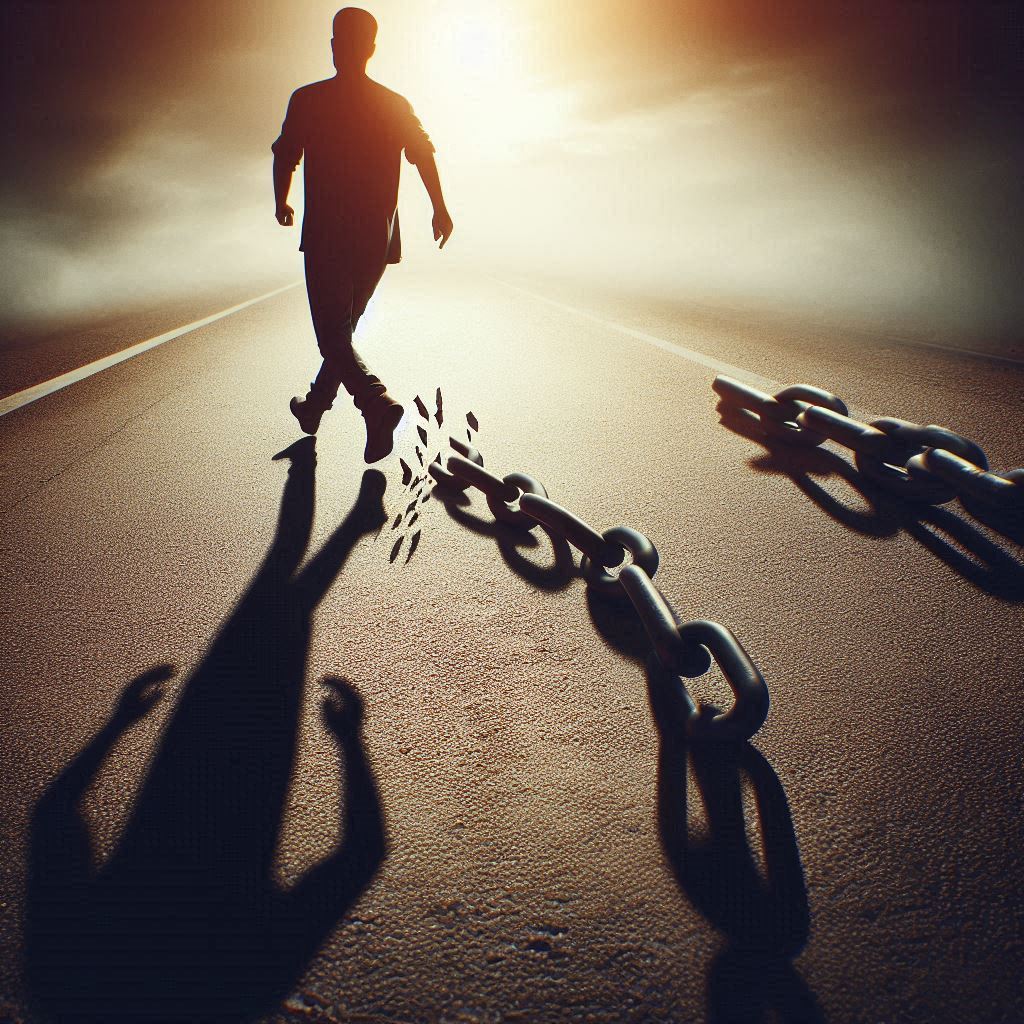
Friendships are one of the most beautiful and essential parts of our lives. A true friend supports you, respects you, and stands by you in both good and bad times. But what if someone you consider a friend starts acting in a way that drains your energy, questions your worth, or makes you feel anxious?
Sometimes, we overlook early warning signs of a toxic friendship because we don’t want to believe that someone close to us could hurt us. However, learning to identify these signs can save us from long-term emotional harm.
In this blog, we’ll dive deep into the 25 biggest toxic friendship warning signs—with real-life context, solutions, and FAQs—so you can decide if it’s time to distance yourself.
They Constantly Criticize You, Even as Jokes
Criticism is fine when constructive, but when someone repeatedly mocks you, even in front of others, it reflects deep-rooted disrespect. A true friend uplifts you—they don’t belittle you for fun.
You Feel Drained After Every Interaction
After meeting a real friend, you feel happier, lighter, and recharged. If instead, you feel exhausted, confused, or sad after every interaction, something’s off.
Your Success Makes Them Uncomfortable
Do they change the topic when you share your wins? Or even worse—do they compete with you? Jealousy in friendships is toxic and never justified.
They’re Always Taking, Never Giving
Friendship should be mutual. If you’re always giving time, help, or emotional support but rarely get it in return, it’s one-sided.
They Talk Behind Your Back
True friends protect your name when you’re not around. If you’ve heard them gossiping about you or revealing your secrets, that’s betrayal.
They Only Show Up When They Need Something
You rarely hear from them—until they need a favor. This behavior is opportunistic and exploitative.
You’re Always Walking on Eggshells
Are you afraid of saying the wrong thing around them? That fear signals a toxic dynamic where your emotional safety isn’t valued.
They Don’t Respect Your Boundaries
No means no. If they ignore your time limits, push your emotional comfort zones, or guilt-trip you when you say “no,” they don’t truly respect you.
They Compete Instead of Celebrate
Instead of saying “I’m proud of you,” they say “I could do better.” Competition among friends is healthy only if it’s respectful—not rooted in envy.
They Gaslight You
They make you question your reality. You’re always the one apologizing—even when it’s their fault. This is emotional manipulation.
They Control Your Social Life
A possessive friend might stop you from meeting others or speak badly about your other close ones. That’s not friendship—it’s control.
They Don’t Show Empathy
You’re crying, venting, or frustrated—and they brush it off, change the subject, or tell you you’re overreacting. A real friend listens and empathizes.
They Are Unavailable in Your Bad Times
True friends shine when times are tough. If they disappear when you need them most, the bond isn’t genuine.
They Humiliate You Publicly
Do they make “jokes” at your expense, especially in front of others? That’s bullying disguised as humor.
They Manipulate You
They know your weak spots and use them to get what they want. It’s subtle, but you often feel like a puppet in their hands.
They’re Jealous of Your Growth
You’re evolving—personally, professionally, emotionally—but they’re not happy for you. They might even sabotage your growth.
They Refuse to Apologize
When they hurt you, they either blame you or make excuses. A real friend says, “I’m sorry. I was wrong.”
They Copy You Without Acknowledging You
Copying can be flattering—if it comes with credit. But if someone mimics your style, ideas, or content without acknowledgment, it’s disrespectful.
They Make You Feel Insecure
Every time you meet them, you doubt yourself more. Your confidence drops instead of rising.
They Are Overly Possessive
They don’t want you to get close to others and act like they own you. That’s not love; that’s emotional captivity.
They Constantly Compare
You are always being compared to others. It feels like you’re never “enough” in their eyes. This erodes self-worth.
They Avoid Tough Conversations
When you confront them, they dodge responsibility, joke it off, or twist the situation. Healthy friendships need honest dialogue.
They Violate Your Privacy
Reading your messages, sharing screenshots, discussing your past—without consent—is a clear breach of trust.
They Pressure You to Change
Friends encourage growth, not change rooted in shame. If they want you to “fix” yourself constantly, it’s control, not care.
You’re Scared to Let Go, But You Know You Should
Your intuition tells you this friendship is unhealthy, but you’re scared to lose history. Listen to your gut—it rarely lies.
Conclusion: Real Friends Don’t Hurt You Repeatedly
Friendship is a blessing, but not every connection deserves to be called a friendship. If you see these toxic friendship warning signs, it’s okay to distance yourself. You’re not being rude; you’re being respectful—to yourself.
Prioritize your mental health. You deserve love, support, and safety in your friendships.
The Surprising Truth About Diets: What Works and What Doesn’t👈click here
FAQs
Q. How can I end a toxic friendship gracefully?
Start with a calm, honest conversation. Express how you feel. If that’s not possible, slowly distance yourself and set clear boundaries.
Q. Can a toxic friendship be fixed?
Only if both parties acknowledge the issue and are willing to work on it. Mutual respect is non-negotiable.
Q. Is it okay to feel guilty after cutting off a toxic friend?
Yes, guilt is natural. But remember: self-preservation is not selfish.
यदि आप डिवोशनल वीडियो में रुचि रखते हैं तो हमारे यूट्यूब चैनल @idyllicSandhya 👈के लिए यहां क्लिक करें
if you are intresting to watch entertainment and educational channel idyllic roots … Just Click Here to watch
